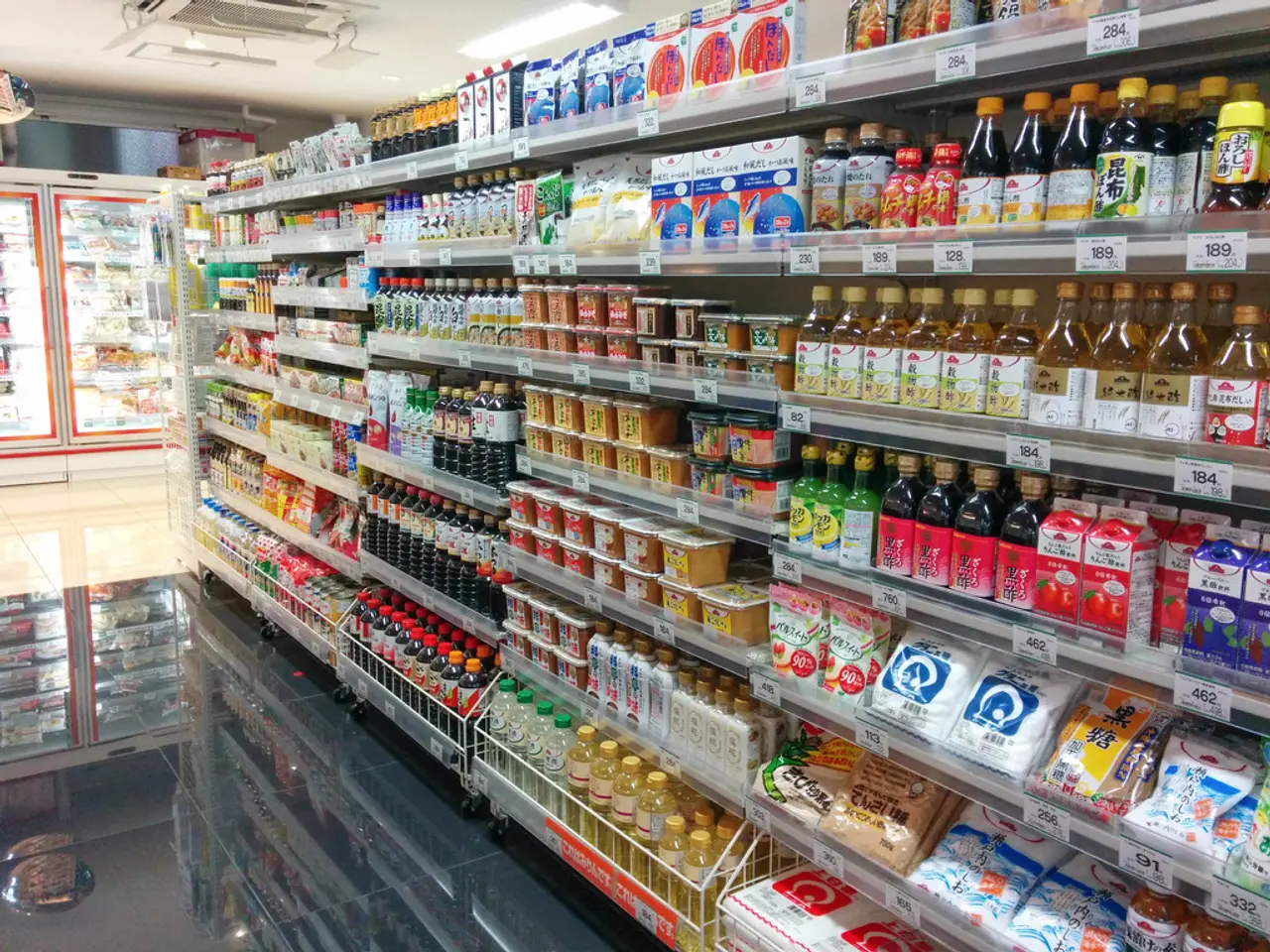Solar energy challenges need addressing
Vietnam's manufacturing industry is witnessing a surge in the adoption of rooftop solar energy, driven by a combination of strategic priorities, legal advancements, and the pressing need for sustainability. The Electricity Law, which provides clearer legal pathways for renewable energy, has made investment in solar more viable for industrial clients.
Industrial rooftop solar remains the main focus for manufacturers, with companies like SolarBK reporting a shift from education to implementation as businesses seek to reduce grid reliance and utilise idle rooftop assets. The emergence of projects like the "Solar Balcony" in Ho Chi Minh City, modelled on German urban solar solutions, signifies a push for decentralised, urban-accessible renewable energy.
Battery Energy Storage Systems (BESS) are beginning to complement rooftop solar, though most systems are small-scale and installed behind-the-meter due to limited policy support. The government's recent notices, such as Notice No. 356/TB-VPCP, encourage further integration of storage with renewables, hinting at future incentives and regulatory support.
Despite these advancements, the rooftop solar market is subject to fluctuations in energy prices, regulatory shifts, and technological changes. Businesses are adopting flexible, long-term investment strategies to navigate these uncertainties.
Access to capital remains a challenge, with many enterprises seeking viable financing models to underwrite solar investments. The emergence of cross-sector partnerships and international collaborations is helping to bridge this gap, providing both technical and financial support.
Mismatches between rooftop solar capacity and grid infrastructure can constrain deployment, though ongoing upgrades to Vietnam’s power transmission and distribution systems aim to address this. Technical barriers, including system design, installation expertise, and maintenance, persist but are being mitigated through partnerships with experienced solar providers and international experts.
Rooftop solar is poised to become a pillar of Vietnam’s clean energy transition, particularly for manufacturing enterprises seeking energy resilience, cost savings, and compliance with international sustainability standards. The government's raised solar capacity targets signal strong future growth.
Continued innovation, such as the Solar Balcony project and the annual Solar & Storage Live Vietnam conference, will drive technological adoption and cross-sector collaboration, further accelerating market maturity. However, challenges around legal complexity, capital access, grid infrastructure, and market volatility must be addressed to fully realise Vietnam’s rooftop solar potential.
Deloitte Vietnam has identified five enduring challenges facing the rooftop solar sector: technical constraints, market volatility, limited access to capital, legal complexity, and the ongoing disconnect between solar deployment and grid infrastructure. Despite these challenges, clients are now asking about implementing solar energy, compared to last year when they were being educated about its value.
SolarBK views rooftop solar as a part of long-term energy restructuring strategies for manufacturing clients, including reducing dependency on the national grid, optimising underutilised assets, and meeting environmental, social, and governance requirements. Vu Phong Energy Group, another key player, is currently deploying rooftop systems across both domestic and foreign manufacturers, and has expanded operations to Singapore and the Philippines.
Investors are closely watching the rooftop solar segment in Vietnam. Companies like Dragon Capital view rooftop solar as a viable green infrastructure opportunity, but only if legal restrictions are eased. SmartSolar, a Vietnam-based rooftop solar solution provider, has recently raised $1.85 million in seed funding, further signalling investor confidence in the sector.
In conclusion, Vietnam's rooftop solar sector for manufacturing enterprises is at a pivotal stage. Legal and regulatory improvements are enabling growth, but sustained investment, innovation, and policy support will determine how quickly and effectively the sector can scale to meet national clean energy goals.
- In the manufacturing industry of Vietnam, the focus on industrial rooftop solar is increasing, with companies like SolarBK shifting from solar education to implementation as businesses endeavor to lessen grid reliance and utilize idle rooftop assets.
- The increasing use of renewable-energy sources, particularly solar, is being driven by the government's legislative advancements, such as The Electricity Law, which provides clearer paths for renewable energy investment.
- Financial institutions are taking notice of the budding rooftop solar sector in Vietnam, with investors viewing it as a viable opportunity for green infrastructure, provided that legal restrictions are relaxed.
- To fully realize the potential of rooftop solar in Vietnam, challenges around legal complexity, capital access, grid infrastructure, and market volatility must be addressed, and this can be achieved through continued innovation, legal improvements, and policy support.




